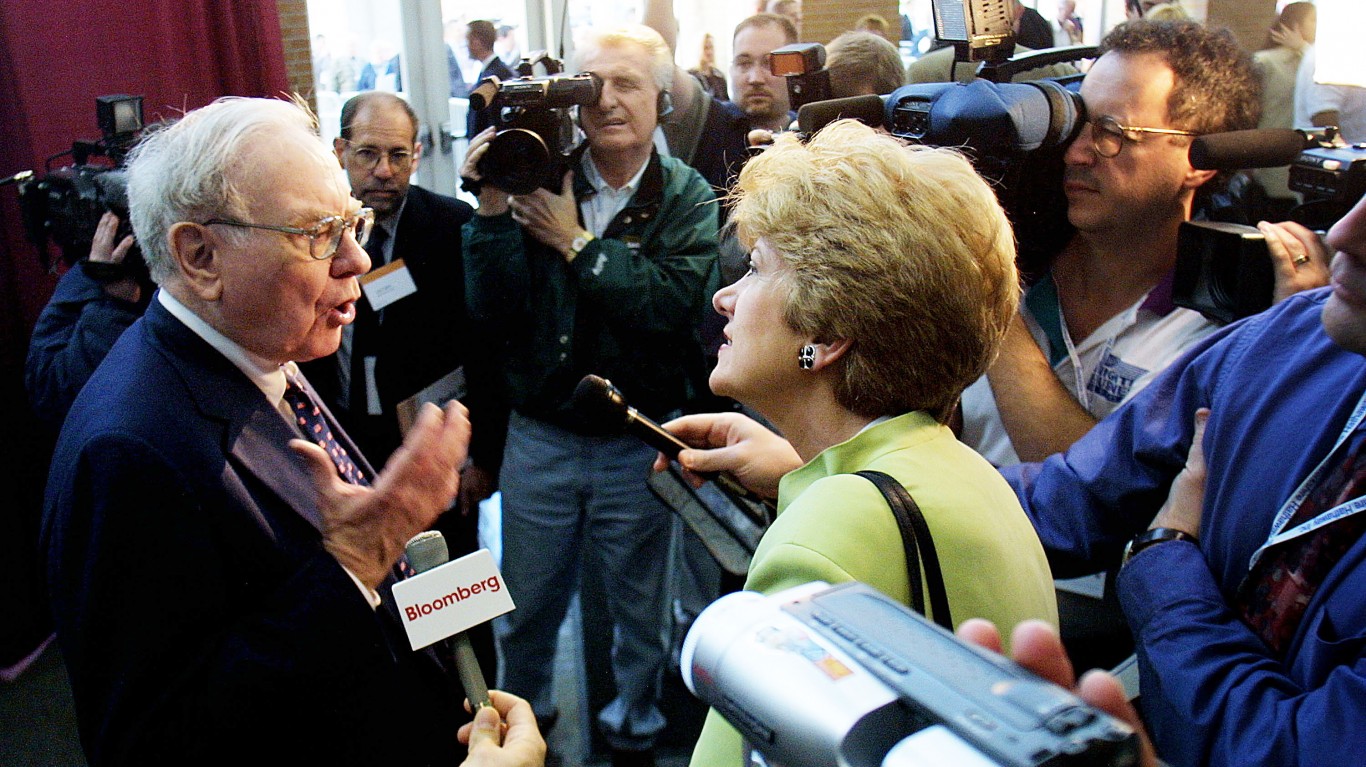 TAPP Group, a financial industry research group, tried to measure the effects on professional investors of recent fiascos in the stock market. TAPP asked institutional investors about their confidence in the structure of these markets, particularly in light of the Knight Capital trading meltdown. Only 2% rated their confidence as high, down from 12% in May 2010. Even 12% seems a terribly low score among people who make their livings in the stock market.
TAPP Group, a financial industry research group, tried to measure the effects on professional investors of recent fiascos in the stock market. TAPP asked institutional investors about their confidence in the structure of these markets, particularly in light of the Knight Capital trading meltdown. Only 2% rated their confidence as high, down from 12% in May 2010. Even 12% seems a terribly low score among people who make their livings in the stock market.
Whatever the reason for the low scores, traders have not turned their backs on the markets in any great numbers. Probably that is because many make such large fortunes in a system that they see as broken from time to time. The desire to fix something that is shattered likely drops a when those who operate within that flawed infrastructure do well.
The U.S. stock market has risen about 25% in the past year when measured by the advances in the Dow, Nasdaq and S&P 500. Recent horror stories about Facebook Inc. (NASDAQ: FB) and Knight Capital Group Inc. (NYSE: KCG) have taken some attention away from the billions of dollars professional investors at Wall St. houses, private equity firms and hedge funds have made. Occasionally, there is a very visible failure of one the these professional institutions. However, some significant groups of trading companies and money managers did stunningly well as the market rose over the past year. Their “confidence in the market” cannot be anything more than an afterthought.
The stock market may be flawed, rigged or inefficient. But among the pros, even those who register concern about the market’s operations, who cares when there is so much money to be made?
Douglas A. McIntyre
It’s Your Money, Your Future—Own It (sponsor)
Are you ahead, or behind on retirement? For families with more than $500,000 saved for retirement, finding a financial advisor who puts your interest first can be the difference, and today it’s easier than ever. SmartAsset’s free tool matches you with up to three fiduciary financial advisors who serve your area in minutes. Each advisor has been carefully vetted and must act in your best interests. Start your search now.
If you’ve saved and built a substantial nest egg for you and your family, don’t delay; get started right here and help your retirement dreams become a retirement reality.
Thank you for reading! Have some feedback for us?
Contact the 24/7 Wall St. editorial team.





